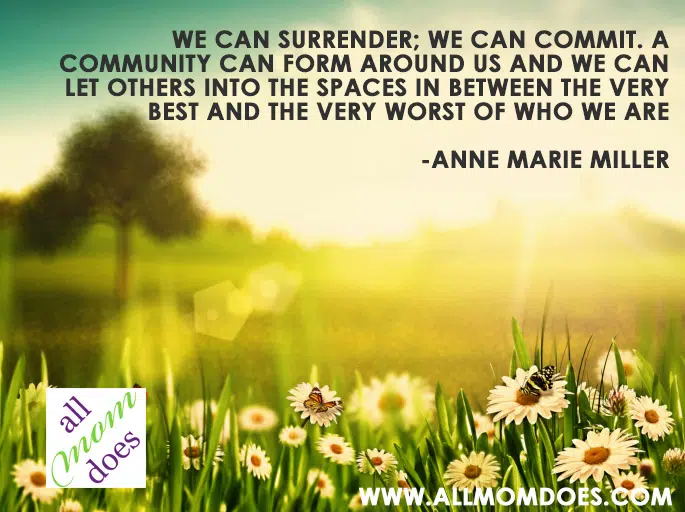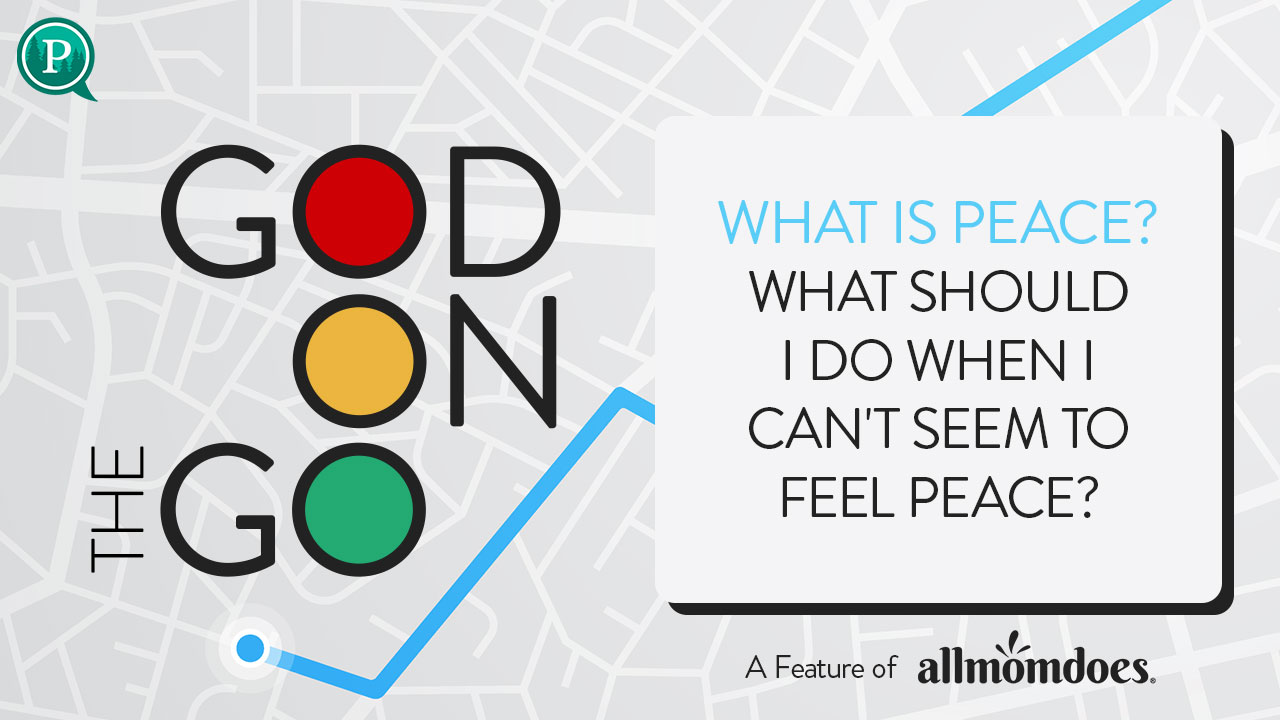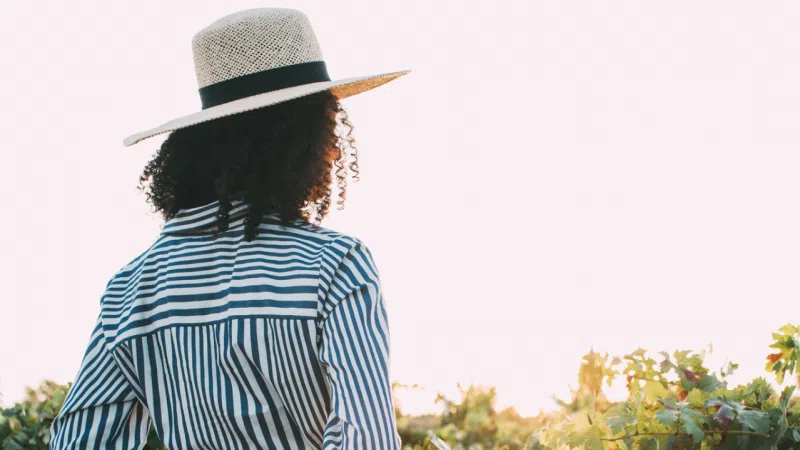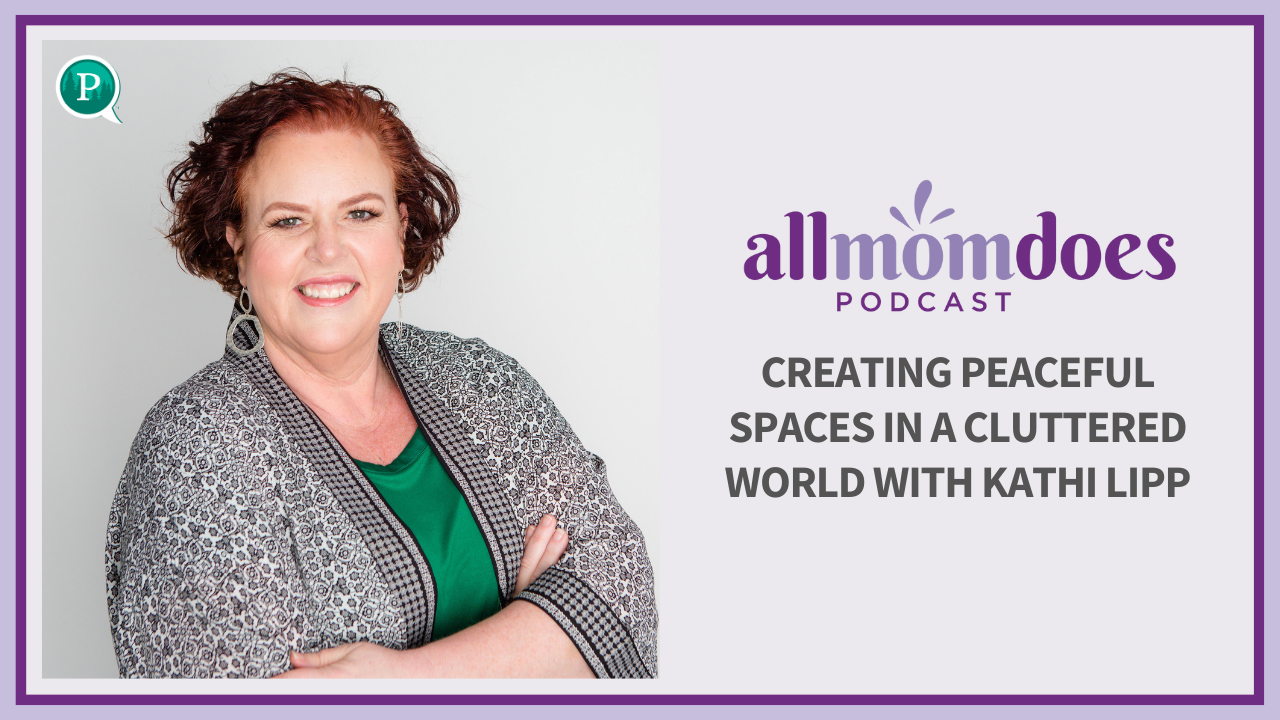I am a creature of habit, and most nights my routine was the same: read, turn off my lamp, pray, feel alone, pray again, wait, resign, and eventually float off to a restless sleep.
My twin-size bed was as big as the ocean, and I was lost in the middle of it. Even in Tennessee’s summer heat, I turned on my insufficient window unit as cold as it could blast and rolled myself into as many blankets as I could stand so I would feel the weight of something—of anything—surrounding me.
My prayers were not answered in the way I wanted, and I never understood why.
One of the jobs I picked up in addition to working at the cancer care clinic was as a freelance editor for books other authors wrote. A woman telling her story about loneliness wrote one of these books. I initially sympathized with common moments in her narrative—a divorce, her grief—but I began to resent the differences. As I read through the retelling of God’s provision for her, I allowed his provision for me to be painted envy-green. At the end of one of her chapters, I read how she felt God physically wrap her up in his arms as she would settle into bed each night. He held her as she went to sleep. I closed my laptop in frustration.
That was my prayer! Why did You give it to her? Why not me?
To say I floundered in self-pity is an understatement. I wanted respite in every imaginable way and thought God was holding back his mercy from me. In hindsight, that simple correlation was my problem: I equated mercy with relief.
What would have been my eight-year anniversary was approaching, and with each day I felt more alone and desired to be held, to be comforted. I started thinking of people I knew, more accurately men I knew, who perhaps could provide some kind of relief to this longing. I did not want sex or even intimacy. I just wanted a hand to hold or a strong arm to embrace me, simply to feel like I was safe in my smallness and that my existence did not repulse anyone. I realized I was reverting back to my life before marriage, a time when I found comfort in unhealthy places and when a man would provide me the temporary feeling of belonging and worth by using words he did not mean and protection that was not real.
Again, I faced a choice. I could keep quiet about these thoughts between the voices in my head and the desires in my heart and not breathe a word of them to anyone and try my best to not act on them, knowing I probably would give in. But no. That would drive me crazy. I could also go out and get what I wanted, knowing it would not fix the pain in me and would likely cause even more regret, and then I’d keep that a secret. Or I could open up to the people who promised they would be there for me without judgment.
The night before my anniversary I sent a text to Annie and Lindsey that said:
HEY GALS, TOMORROW WOULD HAVE BEEN MY ANNIVERSARY AND I AM FEELING SO LONELY AND SO DESIRING TO BE WITH SOMEONE. IF MY THOUGHTS ARE ANY INDICATION OF WHAT I MAY DO, I DO NOT TRUST MYSELF ENOUGH TO AVOID OLD COPING MECHANISMS THAT
WILL ONLY CAUSE MORE PAIN. ARE YOU FREE TO HANG OUT WITH ME TOMORROW NIGHT AND KEEP ME OUT OF TROUBLE? I’M SO EMBARRASSED TO EVEN ASK, BUT I NEED YOU.
Within just a few minutes plans were made for dinner, and over pizza I shared the quiet desires that persisted after my every thought. After dinner, I went to another friend’s house to be with more people and stay out of harm’s way. All of us gathered in the living room to watch a movie, and I snuck away to message Matt, needing reassurance that I could survive future anniversaries without the need to numb myself or find comfort in a place I should not ever walk.
ME: WILL MY ANNIVERSARY FEEL THIS BAD EVERY YEAR?
MATT: IT GETS BETTER IN TIME, I PROMISE.
I prayed I would one day find his words to be true and perhaps even be able to forget those days that brought reminders of what should have remained true.
Vulnerability with others is terrifying. We liken being vulnerable with being honest. Honesty is a part of vulnerability, yes, but it is the safer element. Vulnerability has much less comfortable meanings: wounding, to wound, pluck, to tear, capable of being seized, defenseless.
A great misunderstanding in the world is that we must wait until we feel safe to be vulnerable with other people. They must earn our trust and show us they will not take our wounds and cause them to bleed more. We misconstrue the wisdom of guarding our hearts, our life’s wellspring, as a command for us to form a fortress around it.
We are never safe from pain, and safety has nothing to do with vulnerability.
Vulnerability will hurt. When you speak it, you will have to force the words to form. Our nature is to hide and to protect ourselves from pain, from grief, from shame. It is a paradox: once we realize being vulnerable is never safe, we are then free to be vulnerable.
We guard our heart by giving it to the Guardian. We accept the fact hurt will come. We see wounds as gifts. When this dramatic shift in our spirit occurs, fear no longer controls us.
We can surrender; we can commit. A community can form around us and we can let others into the spaces in between the very best and the very worst of who we are. Yet to be this vulnerable is insane and it is exactly what unites us to others. The pain that comes with this vulnerability is only a shadow compared to the joy that follows.

















